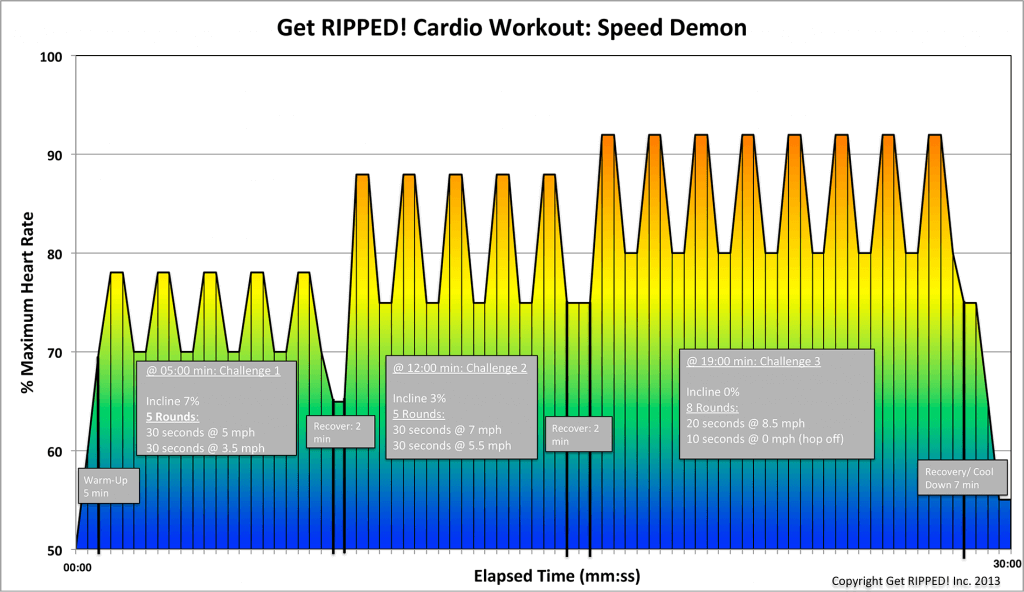Blog
If You Have MS, Exercise Can Help
If you’ve ever known someone with MS—multiple sclerosis, you know how debilitating it can be. It affects people around the world, including those in Calgary, Canada. There are a variety of therapies that can help relieve the symptoms of people with this condition and one of those is exercise. Each person is unique, with a set of symptoms that vary. Researchers are continually looking for therapies to slow the progress of the disease and improve symptoms.
What is MS and what are the symptoms?
MS affects the central nervous system. The immune system attacks the covering of the nerves and interferes with communication to the brain. While it’s been labeled an auto-immune disease in the past, it’s really an immune-mediated disease. That’s a disease that causes the immune system to behave in an abnormal manner. Unlike auto-immune diseases, there’s no specific autoantigen that causes the body to react. The symptoms of MS vary from individual to individual. Some people may experience severe fatigue, while others have mobility issues. Vision issues, numbness, pain, spasms, dizziness, bowel and bladder dysfunction, cognitive issues and sexual dysfunction are on the list of symptoms as well.
Exercise improves muscle strength.
MS affects so many different areas of the body and symptoms vary dramatically. If you’re suffering from the exhaustion that MS can bring, exercise can help. Strength building exercises not only improve muscle strength, but improve overall mood, plus relieve some of the exhaustion. Endurance exercises such as walking, bike riding or swimming, also help with those things, plus improves breathing functioning.
Flexibility and balance training helps.
Exercises to help stretch the muscles and tendons can aid in reducing spasticity, aid in maintaining balance and promote the range of motion of joints. Many of the problems faced by people with MS are those of maintaining balance and walking. In fact, over half the people with MS have problems with balance and walking, making falling a complication.
- Exercise also helps maintain overall health. Like all individuals, whether they have MS or not, exercise is heart healthy, helps prevent serious conditions like diabetes, stroke and cancer
- Exercise improves bone density, bladder and bowel function, reduces anxiety and depression and improves quality of life. It can help prevent obesity, the leading cause of preventable deaths.
- Something as simple as daily stretching can be important for those with MS. It helps increase range of motion and flexibility and especially important when focused on spastic muscle groups. Yoga and slow movement flexibility training is important.
- Always check with your health care professional before starting any exercise program. Remember to stay as cool and always take a break when necessary. If you can’t complete a full half hour of exercise at one time, break it up to two 15 minute sections or three ten minute sections.
For more information, contact us today at Get RIPPED!


